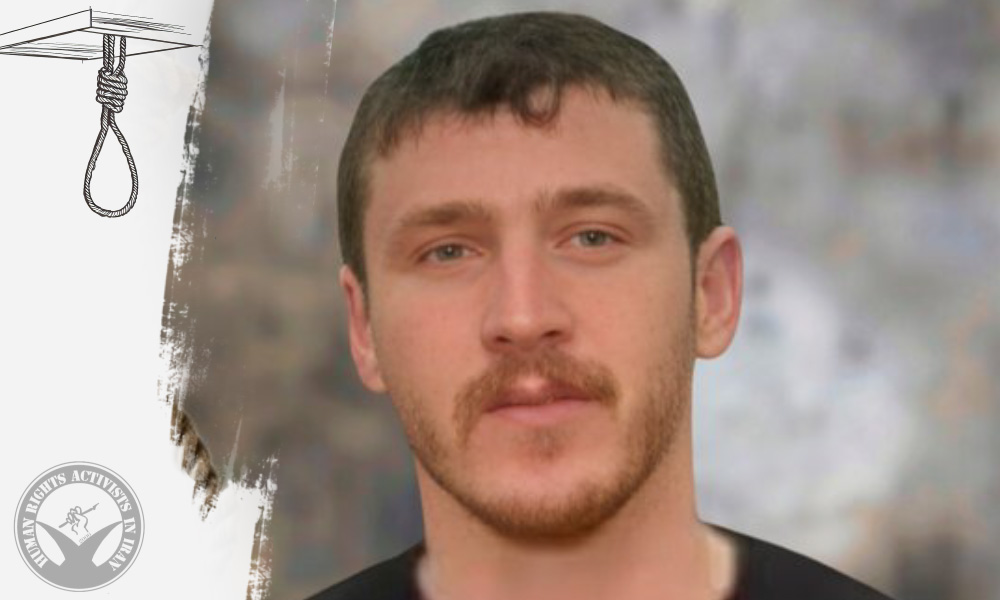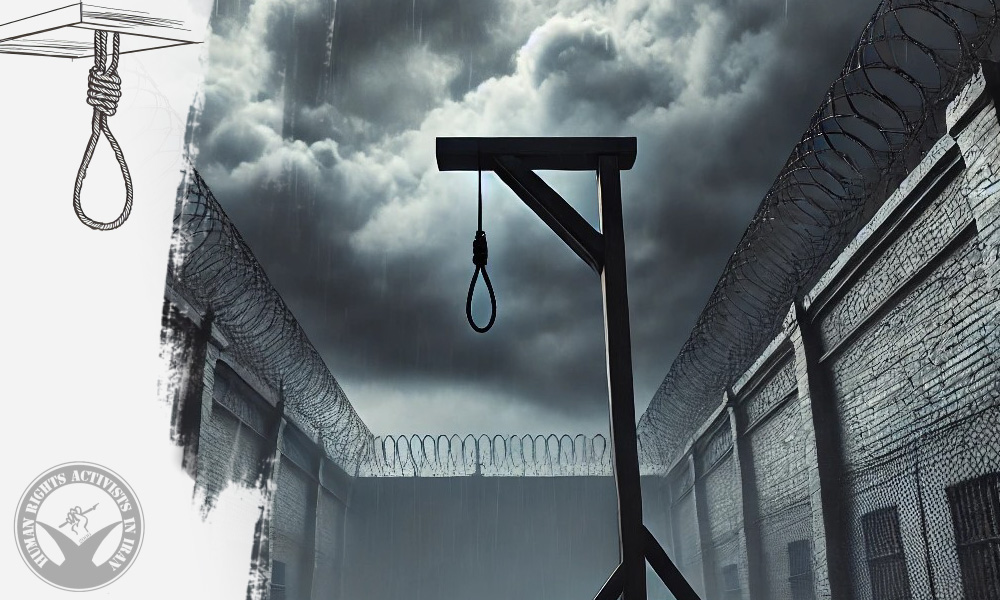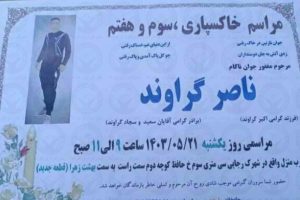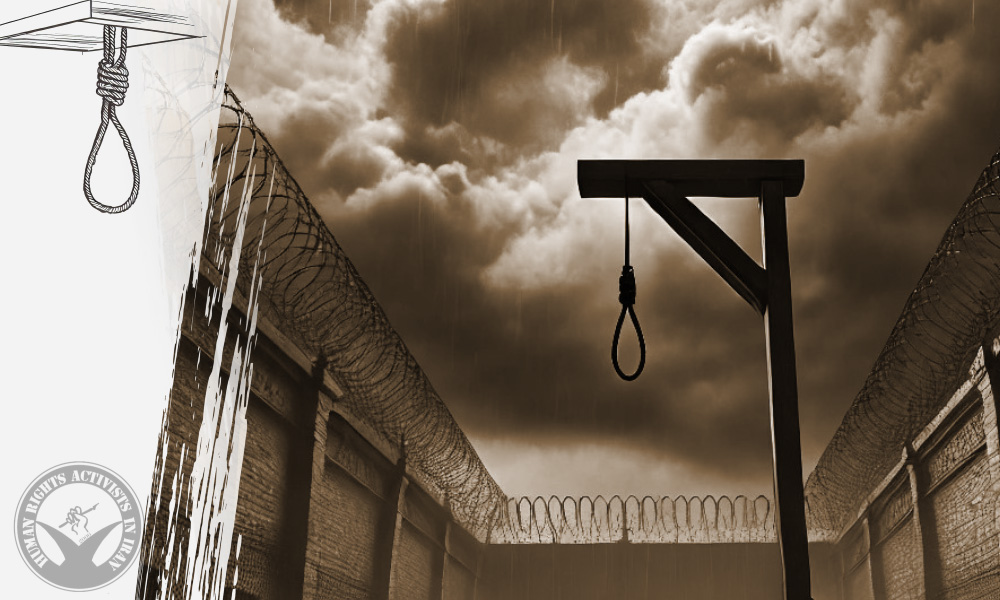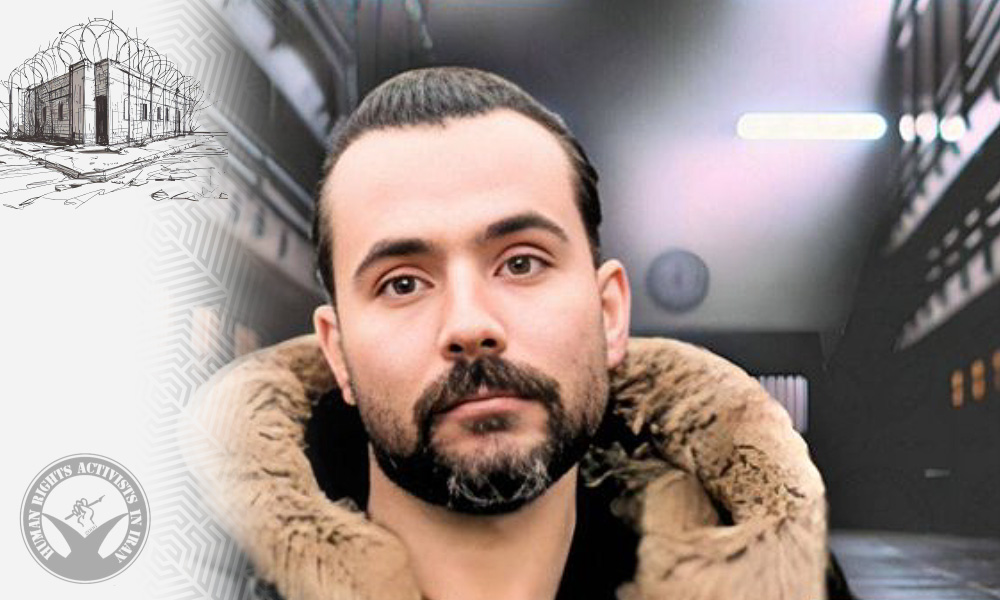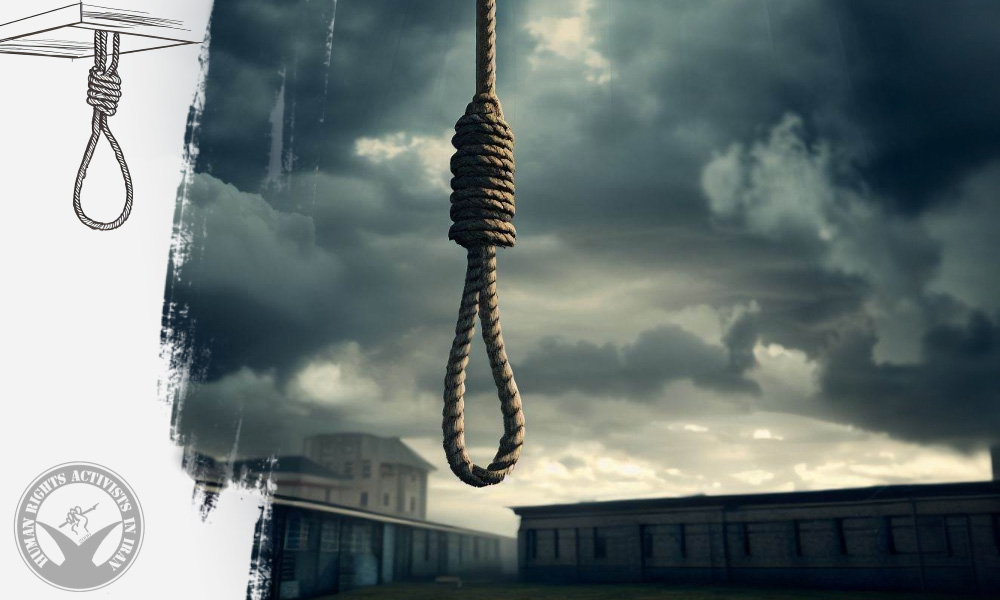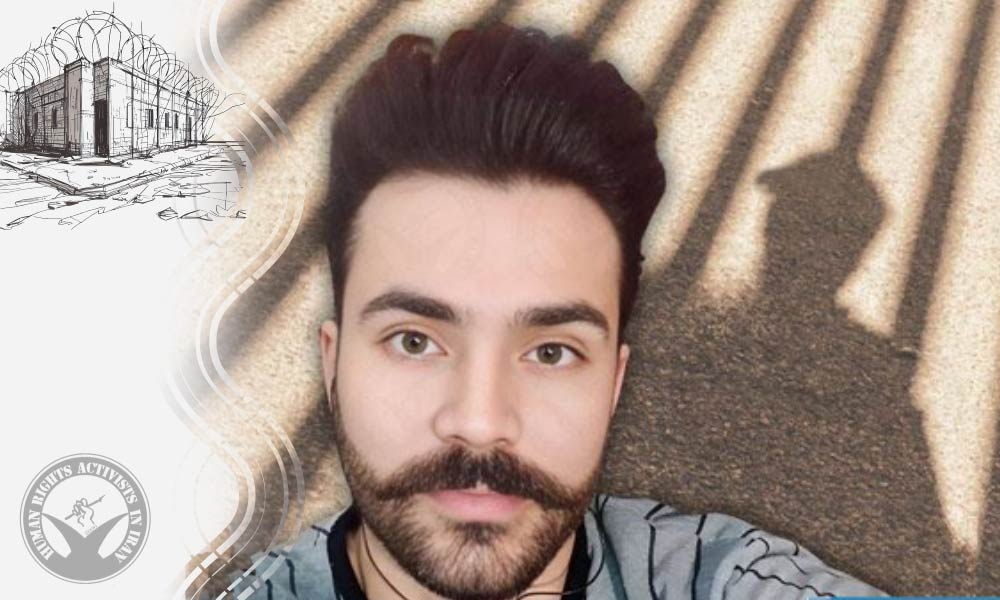Saman Mohammadi Khiare and Mohammad-Amin Mahdavi Shayesteh, two political prisoners sentenced to death, have been transferred to solitary confinement in Ghezel Hesar Prison in Karaj. This move has heightened fears of their imminent execution.
According to HRANA, the news agency of Human Rights Activists in Iran, concerns over the execution of these two political prisoners have intensified following their transfer.
Mahdavi Shayesteh was recently moved from Evin Prison to solitary confinement in Ghezel Hesar Prison, while Saman Mohammadi was transferred from the general ward to solitary confinement in the same facility. Both individuals have been denied basic fair trial rights, including access to legal counsel of their choosing.
Saman Mohammadi Khiarah, a 34-year-old from Sanandaj, was arrested in January-February 2010 on charges of “enmity against God” (moharebeh). A few months later, Tehran’s Revolutionary Court Branch 15, presided over by Judge Abolghasem Salavati, sentenced him to death. However, due to insufficient evidence, the Supreme Court overturned the ruling and referred the case to a parallel court, which eventually sentenced him to 15 years of imprisonment for membership in opposition groups.
Despite this, under ambiguous circumstances and pressure from security agencies involved in the case, the initial sentence was overturned, and he was once again sentenced to death on the same charges.
A source close to Mohammadi’s family confirmed to HRANA that he had endured physical and psychological pressure during his detention and was coerced into confessing to allegations, including involvement in the killing of a military officer and another individual during the 2009 protests. However, he consistently denied these confessions during all investigation and trial phases.
Yesterday, December 14, Mohammadi’s family was informed of his transfer to solitary confinement. They visited Ghezel Hesar Prison for what they fear could be their final meeting with him. The family has expressed deep concern over the looming execution and urged authorities to halt the implementation of the death sentence and review his case.
Twenty-six-year-old political prisoner Mohammad-Amin Mahdavi Shayesteh was arrested in the fall of last year and sentenced to death by Tehran’s Revolutionary Court Branch 15, presided over by Judge Abolghasem Salavati, on charges of collaborating with Israel.
A source close to Mahdavi’s family told HRANA: “The allegations against Mohammad-Amin lack sufficient evidence, and he was subjected to severe pressure to extract confessions whose validity is questionable. Moreover, the process of his arrest and trial was fraught with clear injustices, and he was denied access to an attorney of his choice.”
The transfer of these two political prisoners to Ghezel Hesar Prison, a facility known for carrying out executions, has amplified fears of their imminent deaths. Human rights organizations have repeatedly raised alarms over the increasing number of death sentences in Iran.




